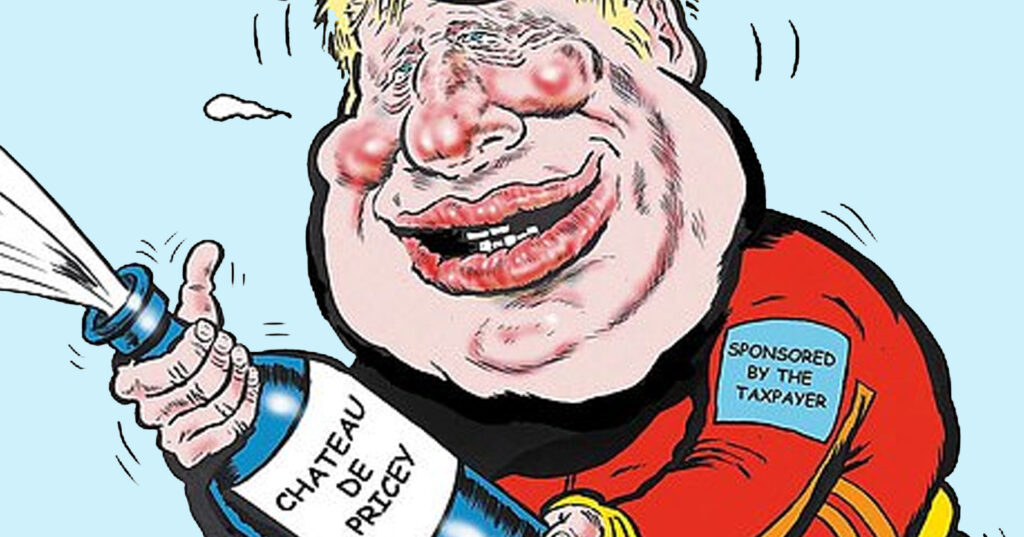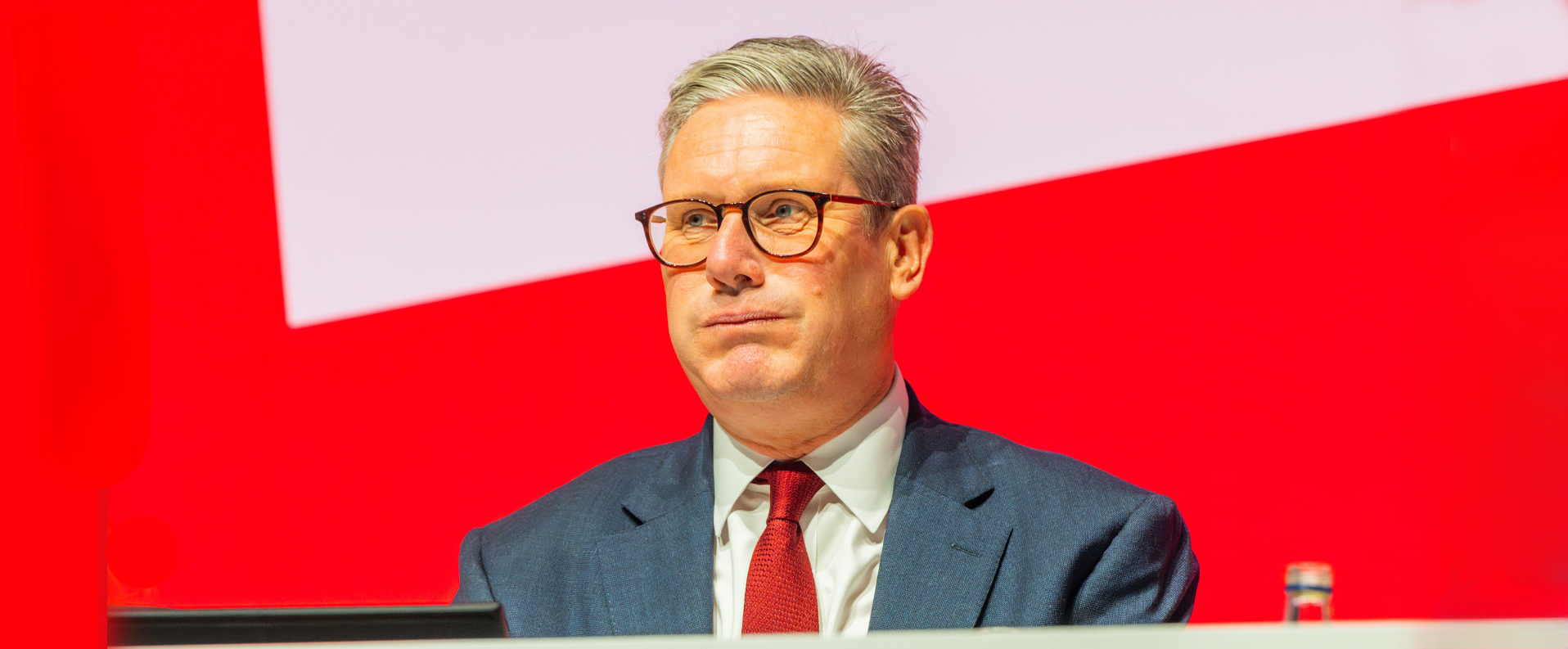
First published in The Mail on Sunday on 12 September 2021.
For millions of people on NHS waiting lists, the arrival of a letter from the hospital is a source of both excitement and dread. If they’re lucky, they’ll discover they have finally been offered a desperately needed consultation with a specialist or date for an operation. All too often, however, such communications bring disappointment, as patients are coolly informed that their appointment has been postponed yet again.
Sometimes, the reaction on tearing open the envelope is one of downright confusion, as patients are offered appointments on dates that are already in the past; sent duplicates of letters they have already received; or reprimanded for missing an appointment nobody ever told them they had.
Now that Boris Johnson is lavishing tens of billions of pounds more on the NHS, the question is whether voters can expect something better in return for all this extra cash.
I have spent 18 months researching the state of the health service for a book to be published early next year. It’s a subject close to my heart, not only because it so often tops the list of voter concerns when I carry out my political surveys and polls, but because I am only here today because I have been lucky enough to have received world-class treatment for various serious health conditions, one of which – sepsis – very nearly killed me.
My life was saved at the Cleveland Clinic in Ohio, of which I am a trustee. It is ranked second best in the world and provides a standard of care I believe should be available to everybody in the UK.
What I have learned is that the old cliches about the NHS being institutionally inefficient are true – though that does not mean we need to dismantle it. In any case, there is no public appetite for a dramatically different system, so politicians and health chiefs must find ways to improve what we’ve got.
And what a magnificent institution it is – at least in theory! At the height of the pandemic, I appealed for the courage and dedication of the workforce to be acknowledged with bravery awards, and led calls for the NHS as a whole to be given the George Cross. I was delighted when the Prime Minister took up this cause. Yet the truth is that our health service is not – as it is so commonly presented – the ‘envy of the world’.
Indeed, it does not top a single international league table on any significant quality measure, languishing well behind other wealthy countries when it comes to outcomes for cancer, heart disease and stroke; numbers of doctors, nurses and hospital beds; and – crucially – waiting times for treatment.
In the late 1990s, during the John Major years, patients routinely waited more than a year for surgery. Tony Blair made it his business to end this stain on our most loved public service. Now we are right back where we were – and it’s not all down to coronavirus.
As things stand, the cold hard reality is that no country in the world is as impressed by our health service as we are, and none has tried to copy it. Though it performs miracles, it also routinely loses patient records; muddles up medicines; duplicates diagnostic tests; pays way over the odds for drugs and medical equipment; and fails to treat patients before it is too late.
Every year, the entirely predictable arrival of colder weather heralds the annual ‘winter crisis’, with patients treated on corridors and hospital floors and ambulances backed up outside overflowing casualty departments.
The trouble is that despite its vast funding, the NHS is hopelessly short of doctors and nurses and far too relaxed in its attitude to taxpayers’ time and money.
Often it’s the low-level stuff that’s most frustrating for patients. Take the experience of a friend who suffers from a painful spinal condition. Lately, he has received a blizzard of letters from his local NHS Trust, repeatedly scheduling, then cancelling, his much-needed appointment with a specialist.
With the latest missive, this long saga descended into farce, as a blundering computer or a blundering secretary cancelled the appointment again, only to reschedule it for the exact same date and time – all in the same letter. Was it on or off? He had no idea – and the hospital probably didn’t either. There was no point trying to contact anyone at the clinic to find out, because nobody ever answered the phone.
These everyday failings are accompanied by scandalous waste, such as millions of pounds on life-saving drug hydrocortisone that started off costing 70p a packet and ended up costing £88. The NHS just kept paying (although the pharmaceutical companies concerned were subsequently fined £270 million by the Competition and Markets Authority for price fixing). A shocking amount of time is lost because of poor record-keeping and sharing, and woefully outdated computer systems. It still takes some doctors 20 minutes to crank up their computers in the morning.
Then there’s the fortune spent on legal fees defending the indefensible medical negligence claims; millions down the pan on pills patients don’t need; billions on management consultants whose recommended measures never seem to change anything.
How galling that the day after the £36 billion healthcare tax rise was approved by MPs, and when concerns were already growing that the money will not be spent prudently, it emerged the NHS is hiring an army of 42 new managers on salaries of up to £270,000.
Fortunately, some of the daftest abuses and excesses – 66p for a single loo roll which could have been obtained for tenth of the price; £5,000 for hip replacement parts that were available for £650; patients failing to return valuable bits of kit including wheelchairs and crutches – are a thing of the past, but even the NHS’s most ardent admirers admit it could get far more value per pound spent.
My co-author, journalist Isabel Oakeshott, saw this first-hand when she shadowed a consultant urologist for a day at his NHS hospital, followed by a day at his private clinic.
Both operating theatres had the same world-class equipment, but in the space of a few hours, Prasanna Sooriakumaran, who specialises in robotic surgery for prostate cancer, was able to carry out several more procedures at a private hospital in London, where patients pay thousands of pounds to be treated, than he could at an NHS hospital where he worked.
The main difference is that the private hospital prioritises productivity. Everybody involved not only turned up to work but turned up on time, then zipped through the patient list without long breaks for coffee and thumb-twiddling in between operations.
After 18 months of making huge sacrifices to ‘protect the NHS’, the patience of many of those who have been forced to put their health on hold, missing potentially life-saving treatment for cancers, heart disease and strokes and enduring crippling pain as routine procedures like hip and knee replacements are continually deferred, is wearing thin.
Now that Boris Johnson is acting like a crazed Formula 1 racer with a magnum of Moet & Chandon, showering the health service with cash that risks being sprayed up the wall, the quiet self-sacrifice of millions of people who put others first during the coronavirus crisis may rapidly give way to fury that the NHS still isn’t fit to look after them.
Breaking a major manifesto pledge is a grave decision for any political party. Let us hope health chiefs use this bonanza wisely – or it will not just be patients who will die unnecessarily, but the Conservative Party’s chances of re-election.
Life Support: The State Of The NHS In An Age Of Pandemics, by Michael Ashcroft and Isabel Oakeshott, will be published in February 2022.
Read this article on the MailOnline
Order the book here:
Buy the book


